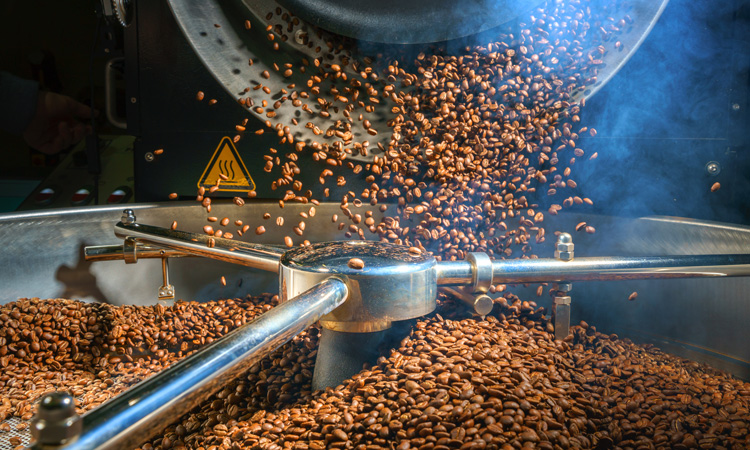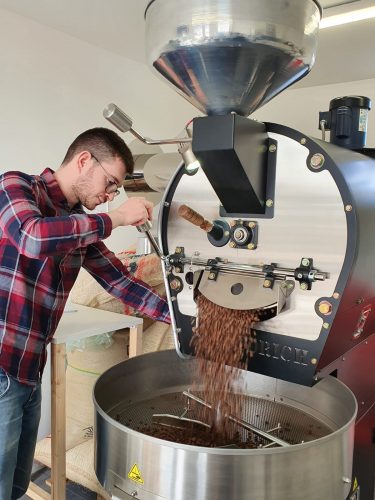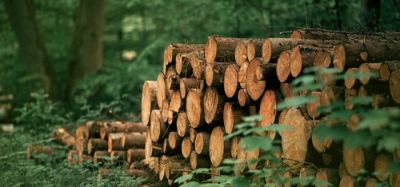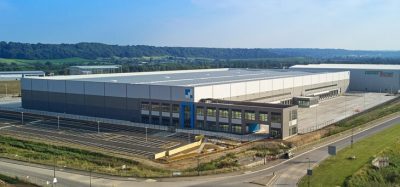Bridging the gap between coffee grower and coffee drinker
- Like
- Digg
- Del
- Tumblr
- VKontakte
- Buffer
- Love This
- Odnoklassniki
- Meneame
- Blogger
- Amazon
- Yahoo Mail
- Gmail
- AOL
- Newsvine
- HackerNews
- Evernote
- MySpace
- Mail.ru
- Viadeo
- Line
- Comments
- Yummly
- SMS
- Viber
- Telegram
- Subscribe
- Skype
- Facebook Messenger
- Kakao
- LiveJournal
- Yammer
- Edgar
- Fintel
- Mix
- Instapaper
- Copy Link
Posted: 2 April 2020 | Josh Holt | No comments yet
Josh Holt, Founder of artisan, ethical coffee roaster Coffee Story, prides his company on bridging the gap between growers and consumers. Here, he tells New Food more about the start-ups endeavours.


The journey from student union president to speciality coffee roaster may not sound like the most logical career progression, but for Josh, Founder of Coffee Story, the transition from drinking copious amounts of coffee to producing it made perfect sense.
I’ve loved coffee since I was a kid, but I first considered making it a career during a visit to my girlfriend’s family in Ethiopia. During this stay I remember visiting one of their family friends who are renowned coffee exporters, and after doing a coffee cupping with them I knew this is what I wanted to do.
Fast forward two years and we are now a growing start-up, proudly supplying coffee lovers through online orders, as well as a handful of independent cafes.
With a background in International Relations, I wanted to build a company that cares for its international supply chain and works to tackle the huge disconnect between growers and consumers. Through working with farms and suppliers that have social and environmental commitments, Coffee Story aims to put this into practice. At the core of this is the belief that when coffee does good, it tastes even better. To put this into action, we give back 10 percent of its retail profits to farmers, supporting industry-led initiatives such as ‘Food 4 Farmers’ to tackle food insecurity in farming communities.


Coffee Story is committed to being as ethical as possible from sampling all the way to your cup.
The co-op is also part of the Café Selva Norte project, which restores over-farmed land. As a part of this project, participants are educated against the use of ‘slash ‘n’ burn’ farming techniques, and receive credit to plant trees on their land to offset the impact of transporting their crop to the port.
Coffee Story sends 10 percent of the profits from any of Carranza’s beans back to him directly, providing a small bit of help towards purchasing more modern equipment and maintaining his farm.
By championing farmers, we are pioneering social change in their communities, offering benefits such as accommodation, pensions, childcare and education, and Coffee Story hopes to show consumers that an ethical alternative truly does exist. The farmers they work with are also tackling unsustainable water and fertiliser use, working to improve the quality of the land in and around their farms. These stories are proudly shared on our packaging and website, and are part of their efforts to increase awareness about where your morning brew begins.
To maintain freshness and to minimise waste, Coffee Story also uses a roast-to-order model, and when there is extra coffee lying around, this is donated to local food banks. Although their current offerings are overwhelmingly organic, I do not insist on expensive certifications that eat into farmer’s margins. In Peru and Ethiopia, there is almost no chemical fertiliser available and the coffees from here are almost entirely organic – even if they are rarely certified. Similarly, Coffee Story’s Guatemalan and Colombian beans are grown chemical-free after the first few weeks, once the saplings have passed their most vulnerable stage.
To maintain freshness and to minimise waste, Coffee Story also uses a roast-to-order model, and when there is extra coffee lying around, this is donated to local food banks.
All of our beans are shipped – never air-freighted – and they are always looking at ways to reduce the carbon footprint along the way, whether packaging wholesale orders in re-usable tubs to limit unnecessary waste, or having recyclable retail bags.
I am always looking at new and exciting ways to make Coffee Story a force for good. Whether that’s building bee hotels and planting wildflowers, or looking into more sustainable packaging and delivery options, Coffee Story is committed to being as ethical as possible from sampling all the way to your cup.
We have a range of beans and blends from all over the world and, for a small company, we are making headways in becoming one of the most ethical, and delicious coffee roasters around.









